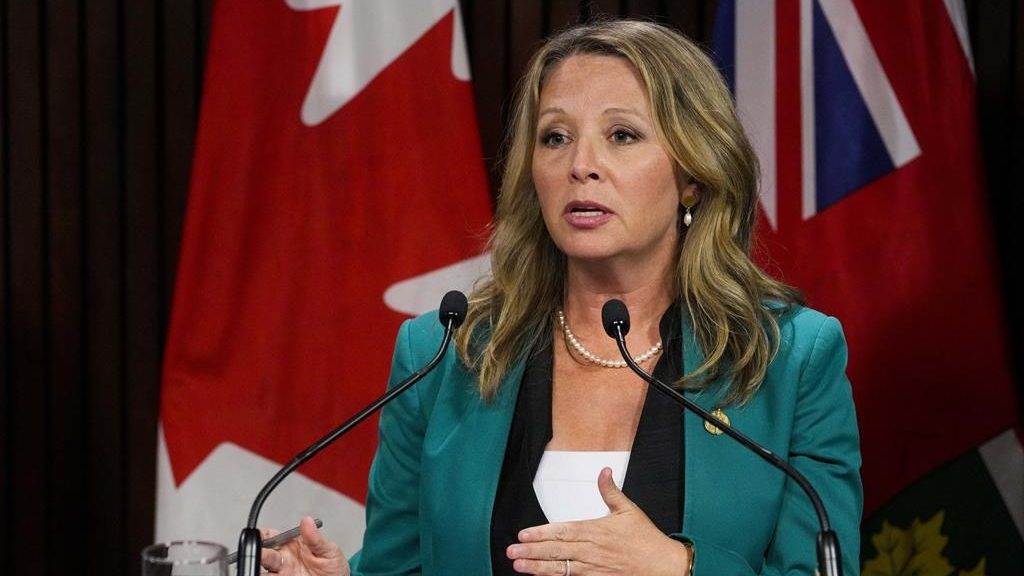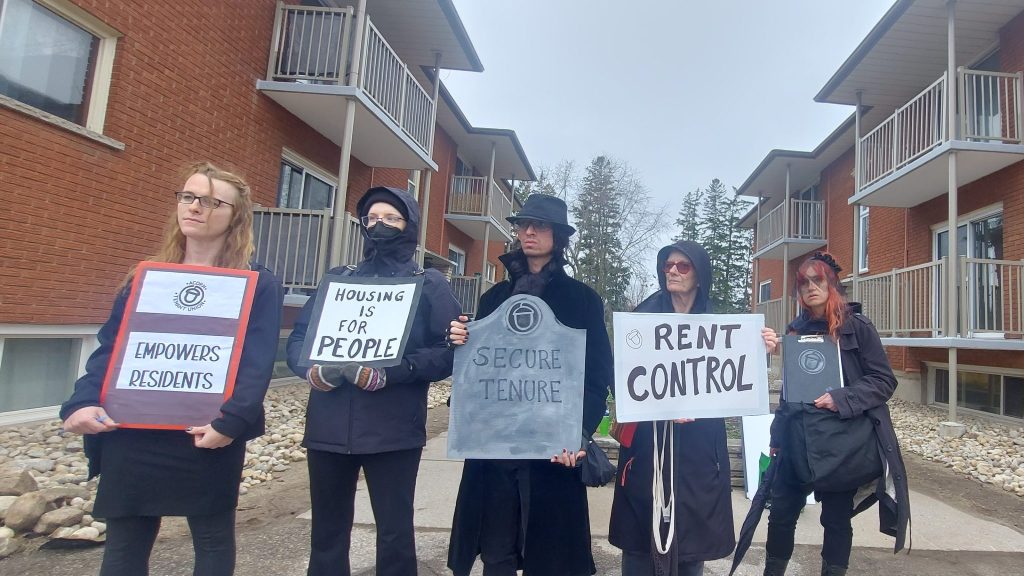EU sanctions target Rosneft and Gazprom’s oil business, banks, arms firms and lawmakers
Posted Sep 12, 2014 03:14:28 AM.
This article is more than 5 years old.
BRUSSELS – New European Union sanctions against Russia announced Friday toughen financial penalties on the country’s banks, arms manufacturers and its biggest oil company, Rosneft, to punish Moscow for what the West sees as efforts to destabilize Ukraine.
The United States was also expected to announce more sanctions Friday.
The EU measures, which were made official after a preliminary agreement Thursday, broaden the scope of penalties imposed in July. They increase restrictions to Europe’s capital markets, which further limits the targeted Russian companies’ ability to raise money, for example. They now also apply to major oil and defence companies, not only banks.
Similarly, the EU broadened the scope of existing limits on the export of high-technology goods and items that could also be used for military purposes, so-called dual-use goods.
The sanctions also ban another 24 officials from travelling to the EU and freeze their assets there. Among the individuals are four deputy Parliament speakers and leaders of the separatists in eastern Ukraine. They also hit businessman Sergey Viktorovich Chemezov, who served in the Soviet intelligence service in Germany alongside President Vladimir Putin during the Cold War and is now known as one of his “close associates,” according to the EU.
The EU sanctions forbid EU companies from engaging in new contracts in oil drilling, exploration and related services in Russia’s Arctic, deep sea and shale oil projects. Russia’s Rosneft is majority-owned by the state, but Britain’s BP holds a 19.75 per cent stake in it.
The curbs on access to Europe’s financial markets also hit pipeline operator Transneft, the oil subsidiary of Russia’s state-owned energy giant Gazprom and plane maker United Aircraft Corporation.
Conspicuously absent from the list of targets was Russia’s gas industry, because many EU nations depend on Russian gas imports. The penalties hit only Gazprom’s crude oil subsidiary.
The sanctions take immediate effect and will be reviewed by EU nations at the end of the month. Russia has threatened to retaliate.
Speaking at a conference in Kyiv on Friday, European Parliament President Martin Schulz said the new sanctions were a sign to Moscow that there is “no return to business as usual.”
The military conflict between the Ukrainian government and pro-Russian separatists in eastern Ukraine has been raging since mid-April, claiming more than 3,000 lives, according to the UN. Ukraine and the West have accused Russia of providing the rebels with weapons and recruits, which Russia denies.
The new EU capital market sanctions ban credits and loans with a maturity of over 30 days for the targeted Russian banks and firms. Previous sanctions covered only debt and equity with a maturity of more than 90 days.
Limiting access to western capital markets curbs lending and is likely to weigh down Russia’s already flagging economy.
“Even though (targeted) companies are not threatened with an immediate liquidity crisis, the banks and firms concerned will painfully notice, especially the stronger constraints for short-term refinancing,” said the managing director of the Association of German Banks, Michael Kemmer.
Russia’s benchmark MICEX stock index, however, was up 0.8 per cent on Friday afternoon and Rosneft shares rose 1.7 per cent as investors had already largely factored in the new sanctions. The national currency was down 0.5 per cent at the all-time low of 37.7 rubles against the dollar.
Overall, Brussels has been more reluctant than Washington to sanction Russia because of its economic ties. Moscow is an important gas supplier for many EU nations and is the bloc’s third-largest trading partner. The EU’s sanctions, however, have more impact than those imposed by the U.S. since the EU is by far Russia’s largest trading partner.
In retaliation for earlier sanctions, Moscow banned food imports from the West, closing a market worth 10 billion euros ($13 billion) a year for European producers.
Russia has also issued a veiled threat that it could ban Western airlines from using Russian airspace — a move that would lead to higher fuel costs and delays for flights to Asia by European airlines.
___
Laura Mills in Kyiv and Nataliya Vasilyeva in Moscow contributed reporting.
___
Follow Juergen Baetz on Twitter at http://www.twitter.com/jbaetz










